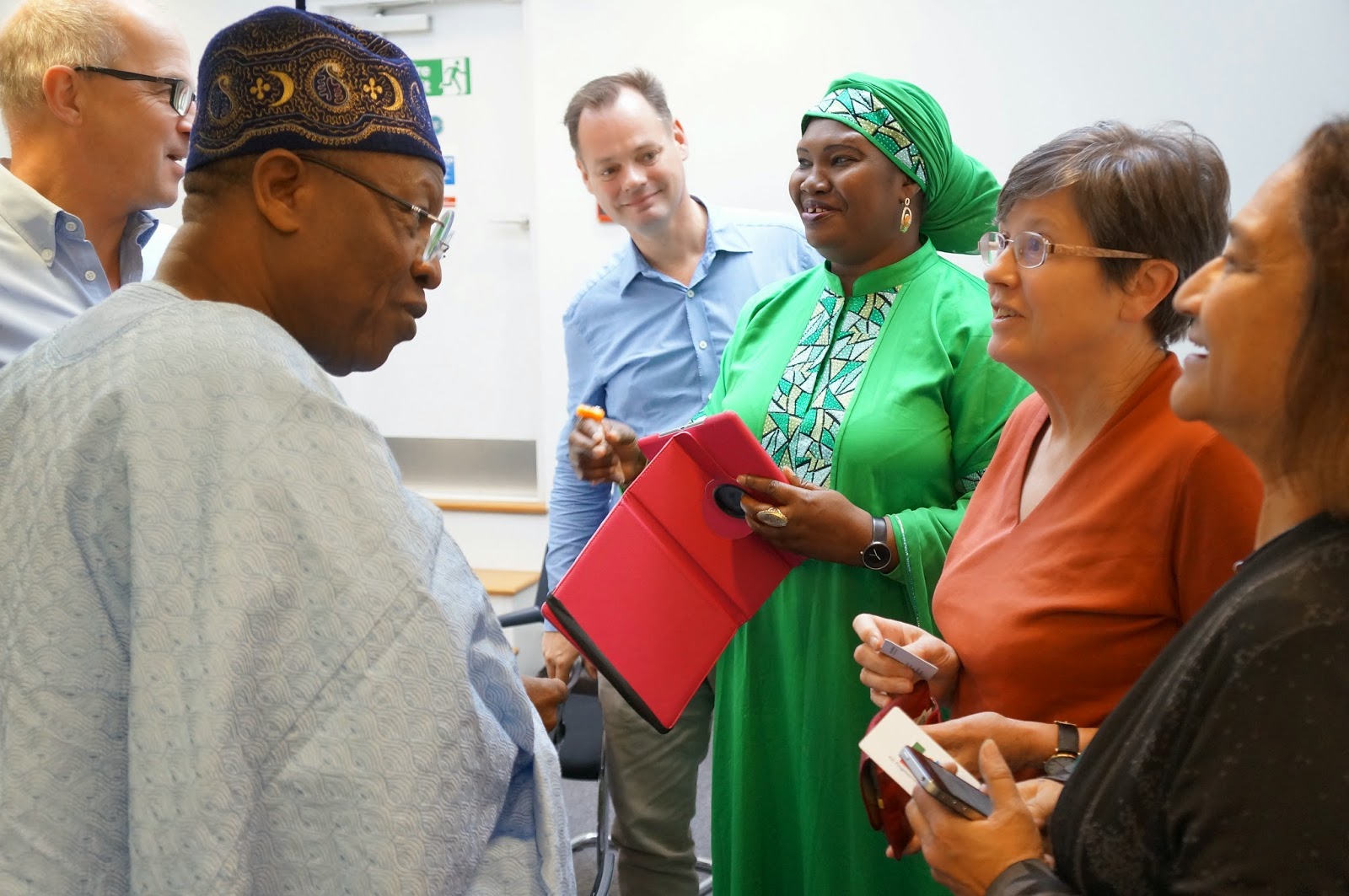What will happen if Scotland votes YES, and what will happen if
Scotland votes NO?
It was another full house at the FPA on September 5 for a detailed briefing on the Scottish referendum.
Professor Robert Hazell, Director of the Constitution Unit in the
School of Public Policy at University College London told FPA members that - if
the vote was a YES for an independent Scotland – his guess was that
independence wouldn’t come until April 2017 at the earliest, about the same
time as the in/out referendum on the EU promised by the Prime Minister in the
event of a Conservative Government being formed after the General Election next
year. He predicted that giving effect to Scottish independence would be the
main preoccupation of the UK Government for the next three to five years, and
suggested that a second referendum might be needed when the actual terms of
independence were known. While a YES vote would be a severe blow to Britain’s
international prestige, he didn’t think there would be any tangible effects; we
would keep our seat on the UN Security Council and would remain one of the
larger states in the EU.
Professor Charlie
Jeffery, Director of ESRC Future of UK and Scotland programme and Professor
of Politics at the University of Edinburgh spoke about the implications of a NO
vote, which in his view would represent a failure to persuade the Scots to vote
yes, rather than a positive endorsement of the Union. All polling showed that
the Scots did not feel they had an influence on UK politics at the UK level.
After a No vote, there might well be pressure for a constitutional convention
for the United Kingdom, and any debate could easily get bogged down and last
for ages. It was possible to imagine a scenario where Scotland voted NO, but
the SNP won the Scottish elections in 2016. Imagine a majority of voters in
England then voted to leave the EU, but a majority in Scotland voted to stay;
then what?
Professor Hazell described it as a
neverendum: the question of
independence will still be with us in a hundred years if Scotland is still part of the UK, and that was fine and healthy.
 Former employees of GCHQ, the NSA, FBI and US State Department told a briefing at the FPA that both the Blair government in the UK and Obama administration in the USA had talked about protection in law for whistleblowers, but nothing had yet been agreed. The whistleblowers were brought to London by ExposeFacts, a new Washington based campaign aimed at providing better protection for whistleblowers and to protect journalism from surveillance.Coleen Rowley, a former FBI lawyer, said the 9/11 attacks might well have been prevented had national agencies shared information with each other and - crucially - with the public. It was simply not true to think that secrecy provided protection; the exact opposite was true. Kirk Wiebe, who worked at the NSA for 36 years, said the NSA had been acting illegally for 60% of its existence; mass surveillance was the most insidious threat to global democracy. It was Goebbels who had said " If you have nothing to hide, you have nothing to fear"; and we all know how that ended.
Former employees of GCHQ, the NSA, FBI and US State Department told a briefing at the FPA that both the Blair government in the UK and Obama administration in the USA had talked about protection in law for whistleblowers, but nothing had yet been agreed. The whistleblowers were brought to London by ExposeFacts, a new Washington based campaign aimed at providing better protection for whistleblowers and to protect journalism from surveillance.Coleen Rowley, a former FBI lawyer, said the 9/11 attacks might well have been prevented had national agencies shared information with each other and - crucially - with the public. It was simply not true to think that secrecy provided protection; the exact opposite was true. Kirk Wiebe, who worked at the NSA for 36 years, said the NSA had been acting illegally for 60% of its existence; mass surveillance was the most insidious threat to global democracy. It was Goebbels who had said " If you have nothing to hide, you have nothing to fear"; and we all know how that ended.














